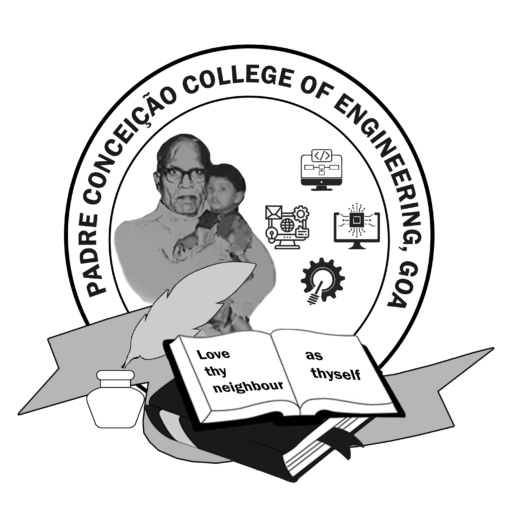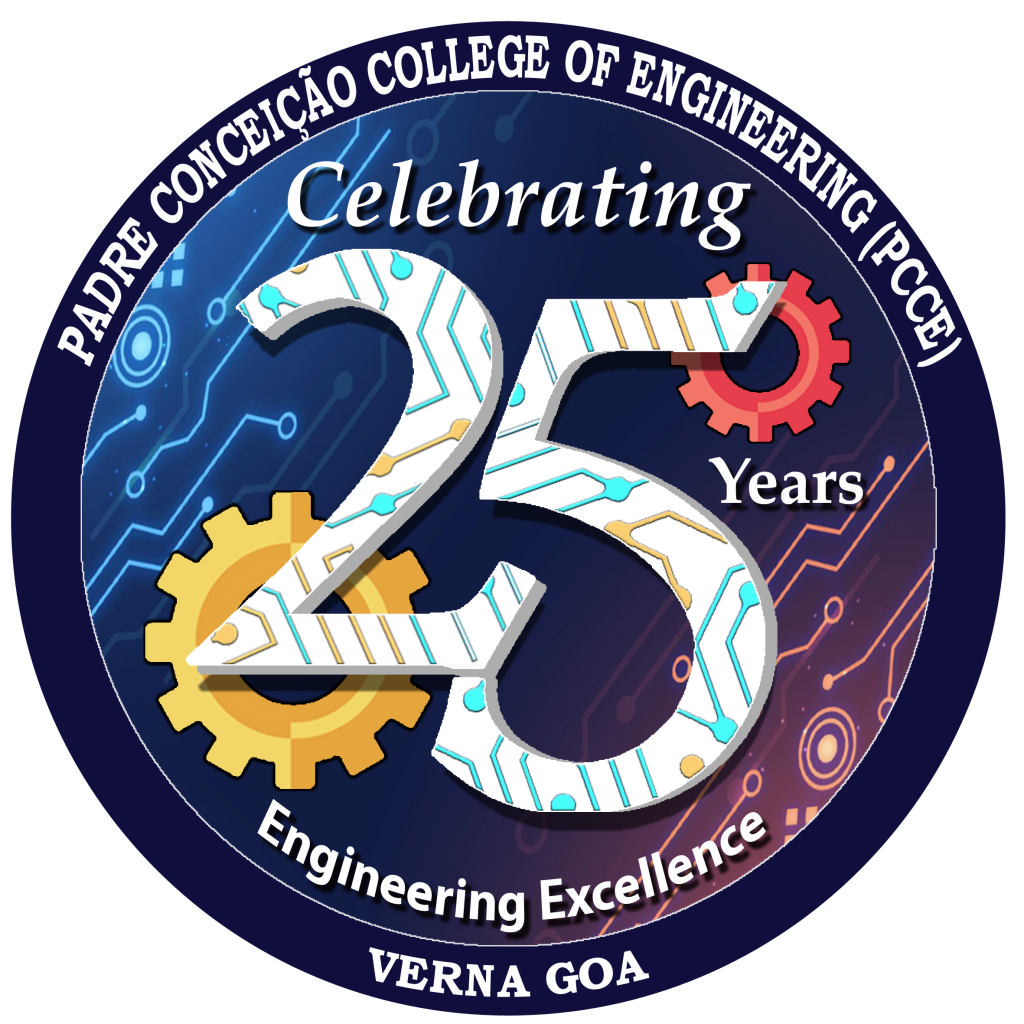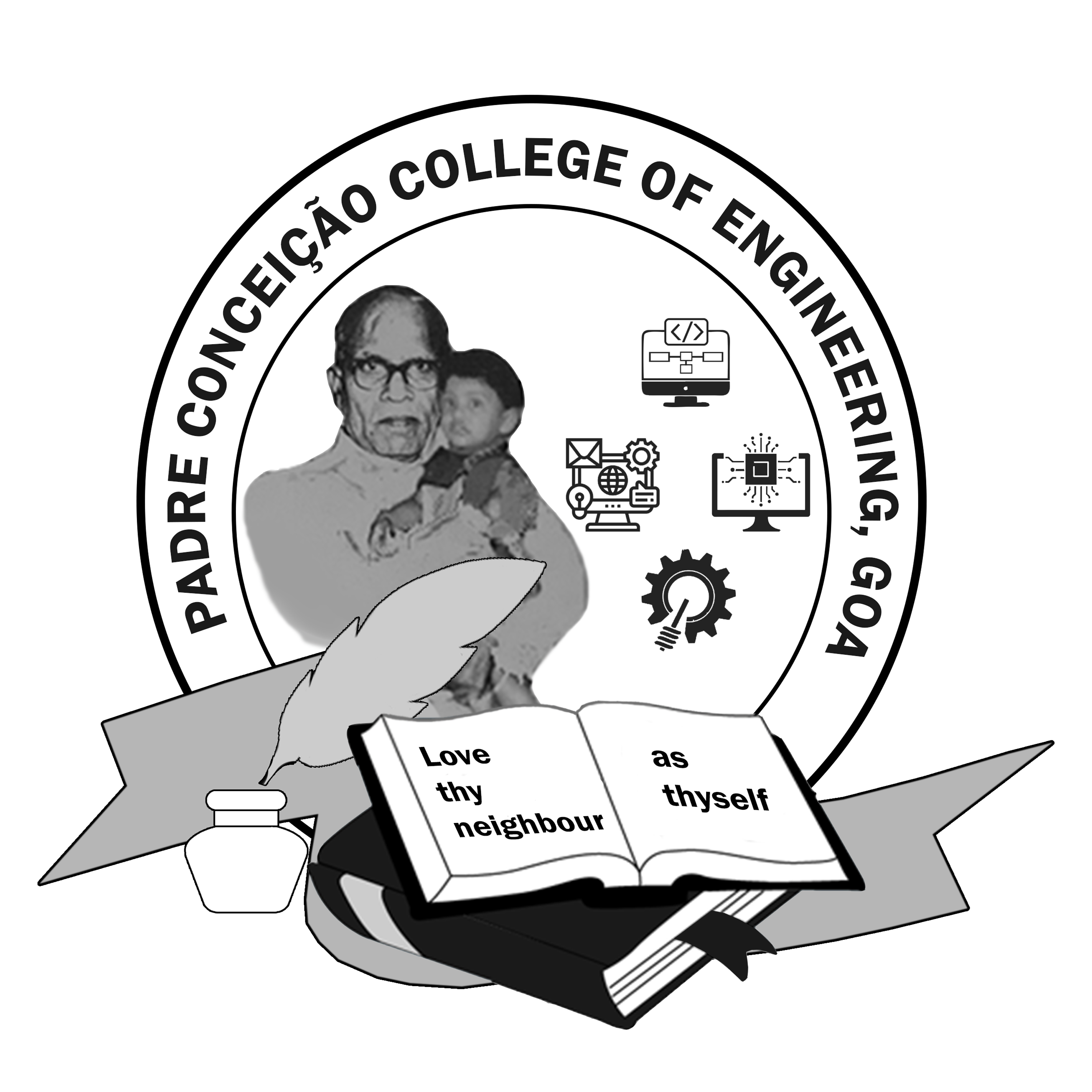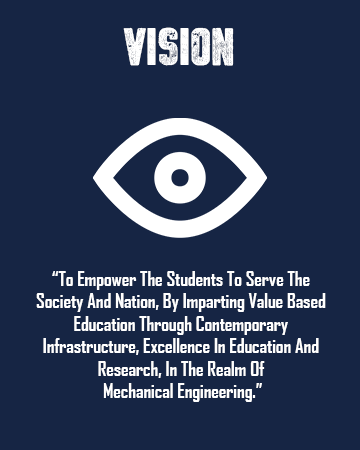
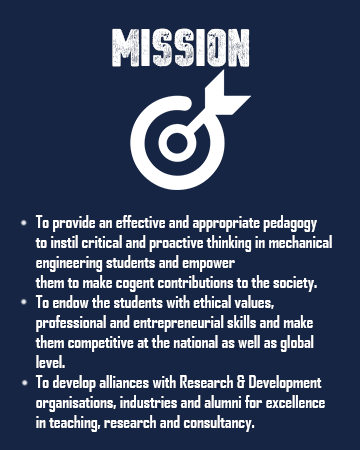


The Degree programme in Mechanical Engineering has been in existence since the inception of the College in 1997 . In keeping with the industry demand for Mechanical Engineers this course was started in the right earnest and continues to impart quality education through theory classeas as well as practicals. The course is approved by the All India Council for Technical Education (AICTE). The course is of 4 years duration,each year consisting of 2 semesters. The students have to undertake a project during the final year.
At present the course has an intake capacity of 60 students per year.
To empower the students to serve the society and nation, by imparting value based education through contemporary infrastructure, excellence in education and research, in the realm of Mechanical Engineering
- To provide an effective and appropriate pedagogy to instil critical and proactive thinking in mechanical engineering students and empower them to make cogent contributions to the society.
- To endow the students with ethical values, professional and entrepreneurial skills and make them competitive at the national as well as global level.
- To develop alliances with Research & Development organisations, industries and alumni for excellence in teaching, research and consultancy.
Within a few years of graduating, the Mechanical Engineering graduates will:
- PEO 1: Have successful careers in industry, academia and entrepreneurship in various fields of mechanical engineering and allied disciplines.
- PEO 2: Have professional, ethical, leadership qualities, and proactively address a variety of technical and societal problems.
- PEO 3: Retain intellectual curiosity and disseminate knowledge through lifelong learning, to tackle the rapidly evolving challenges of the modern world.
- PEO 4: Contribute effectively towards the advancement of industry, society and nation through research and development.
At the end of this program the student will be able to:
- PSO1: Apply the knowledge of design, industrial, manufacturing, thermal engineering and multidisciplinary perspectives to address the needs of Mechanical Engineering systems.
- PSO2: Develop and implement solutions for products and services with the help of engineering tools.
Rubrics for validation of Program Outcomes (Click here)
At the end of this programme the student will be able to:
- PO1: Engineering knowledge: Apply the knowledge of mathematics, science, engineering fundamentals, and an engineering specialization to the solution of complex engineering problems.
- PO2: Problem analysis: Identify, formulate, review research literature, and analyze complex engineering problems reaching substantiated conclusions using first principles of mathematics, natural sciences, and engineering sciences.
- PO3: Design/development of solutions: Design solutions for complex engineering problems and design system components or processes that meet the specified needs with appropriate consideration for the public health and safety, and the cultural, societal, and environmental considerations.
- PO4: Conduct investigations of complex problems: Use research-based knowledge and research methods including design of experiments, analysis and interpretation of data, and synthesis of the information to provide valid conclusions.
- PO5: Modern tool usage: Create, select, and apply appropriate techniques, resources, and modern engineering and IT tools including prediction and modeling to complex engineering activities with an understanding of the limitations.
- PO6: The engineer and society: Apply reasoning informed by the contextual knowledge to assess societal, health, safety, legal and cultural issues and the consequent responsibilities relevant to the professional engineering practice.
- PO7: Environment and sustainability: Understand the impact of the professional engineering solutions in societal and environmental contexts, and demonstrate the knowledge of, and need for sustainable development.
- PO8: Ethics: Apply ethical principles and commit to professional ethics and responsibilities and norms of the engineering practice.
- PO9: Individual and team work: Function effectively as an individual, and as a member or leader in diverse teams, and in multidisciplinary settings.
- PO10: Communication: Communicate effectively on complex engineering activities with the engineering community and with society at large, such as, being able to comprehend and write effective reports and design documentation, make effective presentations, and give and receive clear instructions.
- PO11: Project management and finance: Demonstrate knowledge and understanding of the engineering and management principles and apply these to one’s own work, as a member and leader in a team, to manage projects and in multidisciplinary environments.
- PO12: Life-long learning: Recognize the need for, and have the preparation and ability to engage in independent and life-long learning in the broadest context of technological change.
